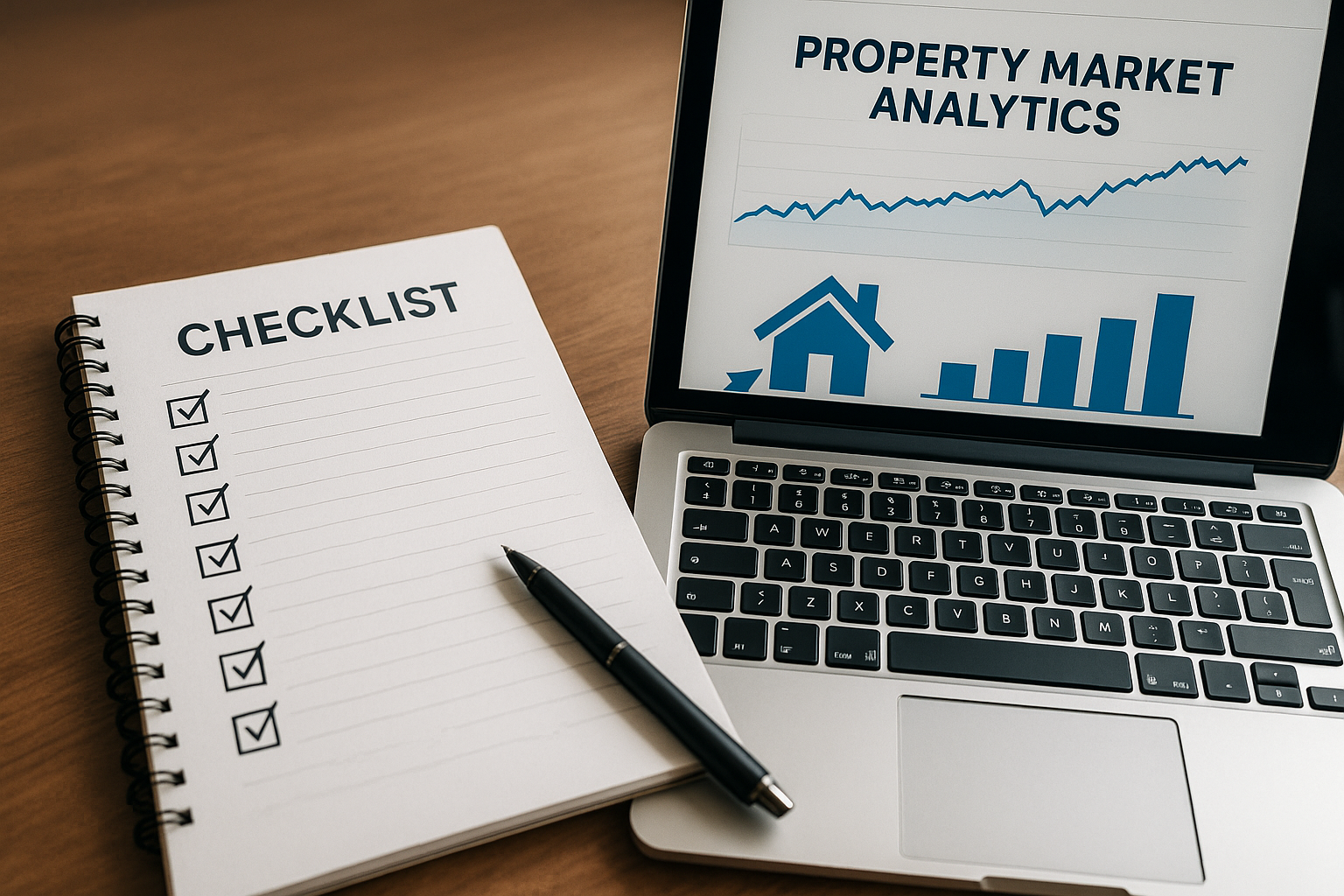Master Secrets to Safe Buying First Investment Property
Unlock the secrets to safely purchasing your first investment property and explore these options to maximize your returns while minimizing risks.

Understanding the Investment Property Market
Investing in property has long been a favored avenue for building wealth, offering a blend of income generation and asset appreciation. The market for investment properties is vast and varied, ranging from residential rentals to commercial spaces. As a first-time investor, understanding market dynamics is crucial. The property market is influenced by factors such as location, economic conditions, and interest rates. For instance, urban areas with growing job markets often see higher demand for rental properties, which can lead to increased rental income potential1.
Setting Your Budget and Financing Options
Before diving into property investment, it's imperative to establish a clear budget. This includes not only the purchase price but also additional costs such as taxes, insurance, and maintenance. Financing your investment is another critical component. Many first-time investors leverage mortgage loans to fund their purchases. It's essential to compare interest rates and terms from various lenders. Mortgage rates can significantly affect your investment's profitability, so take the time to browse options and secure the best deal2.
Conducting Thorough Market Research
Research is the backbone of a successful investment strategy. Start by analyzing local market trends, property values, and rental rates. Websites like Zillow and Realtor.com offer valuable insights into property prices and trends. Additionally, consider consulting with local real estate agents who have in-depth knowledge of specific neighborhoods. Understanding the rental yield, which is the annual rental income divided by the property's purchase price, can guide you in selecting a property that aligns with your financial goals3.
Evaluating Potential Properties
When evaluating properties, consider factors such as location, condition, and potential for appreciation. A property in a desirable location with good transport links and amenities will likely attract more tenants. Inspect the property's condition thoroughly to avoid unexpected repair costs. It's also wise to assess the local area's development plans, which could impact property values positively or negatively in the future. This evaluation will help you make an informed decision and potentially increase your investment's value over time4.
Mitigating Risks and Maximizing Returns
Investing in property comes with its share of risks, but these can be mitigated with proper planning. Diversifying your investment portfolio can cushion against market volatility. Additionally, consider hiring a property management company to handle tenant relations and maintenance, ensuring a steady income stream with minimal hassle. Tax benefits are another advantage of property investment, as you can deduct mortgage interest, property taxes, and other expenses from your taxable income5.
Wrapping up your journey into property investment, remember that the key is to make informed decisions and continuously adapt your strategy to market changes. By exploring these options and leveraging available resources, you'll be well-equipped to navigate the complexities of property investment and achieve your financial goals.